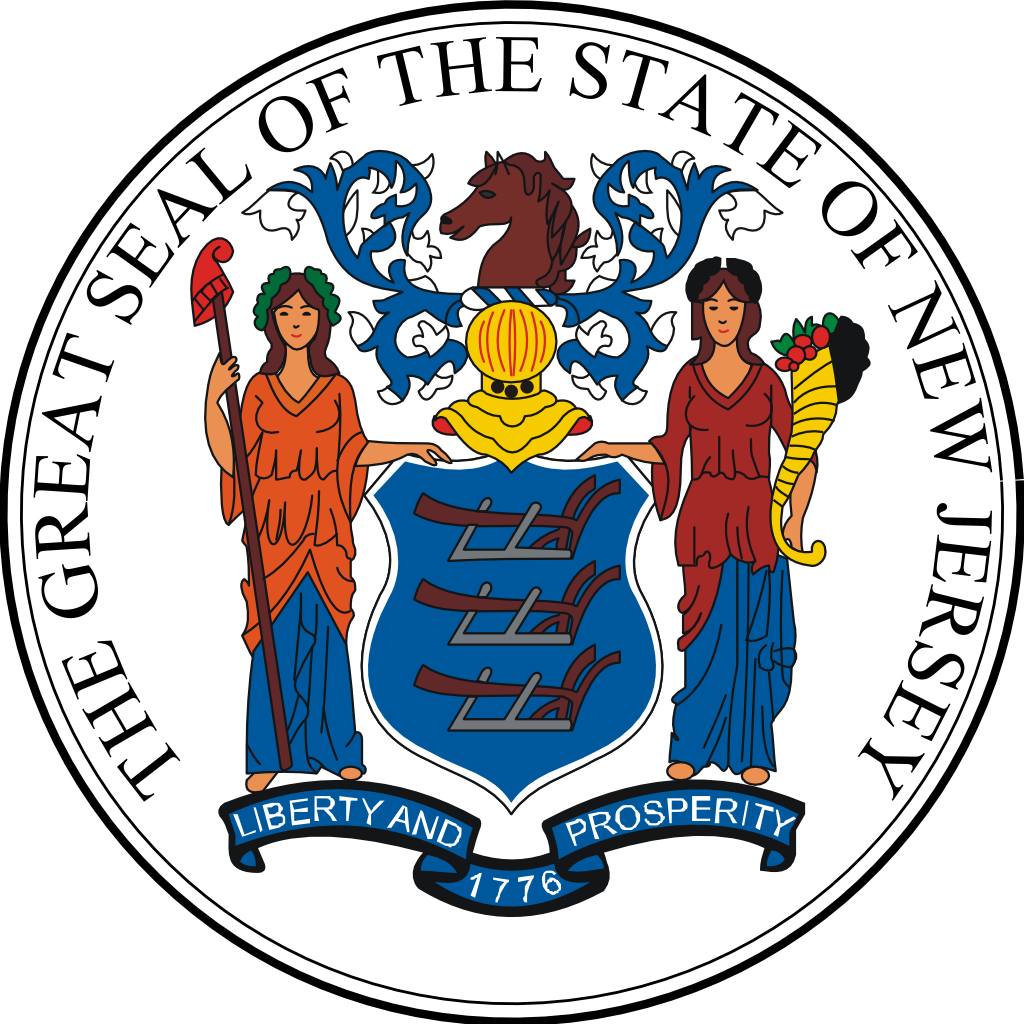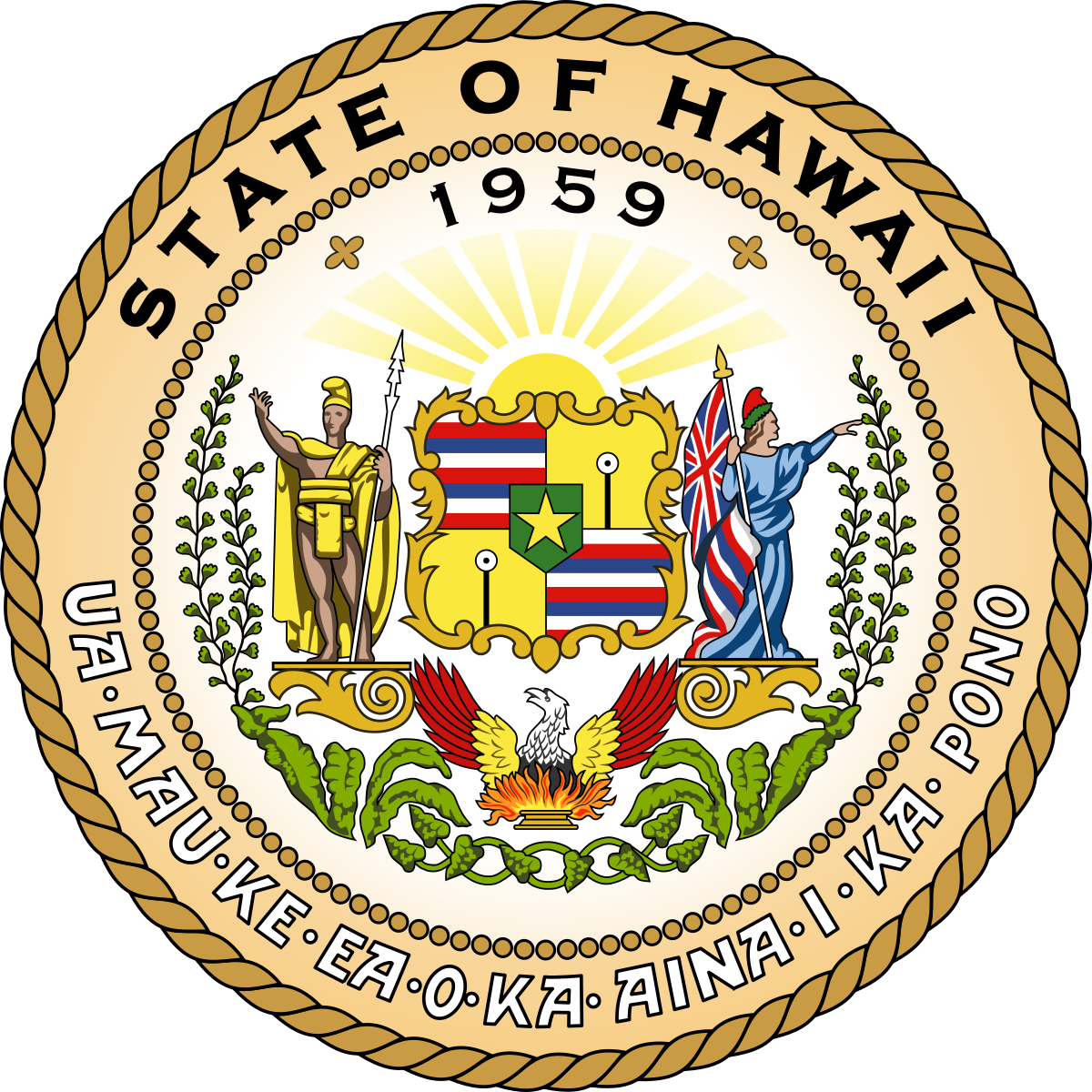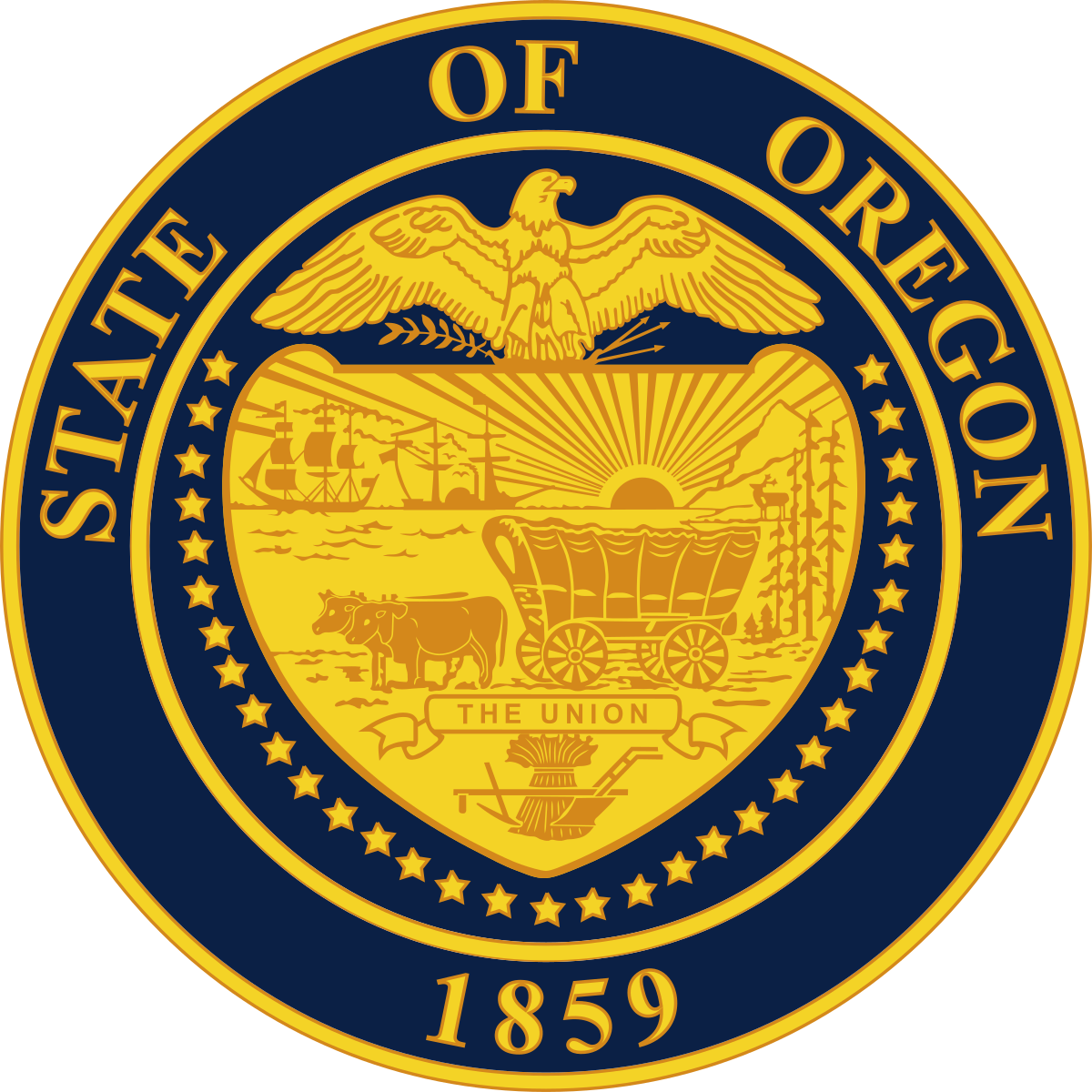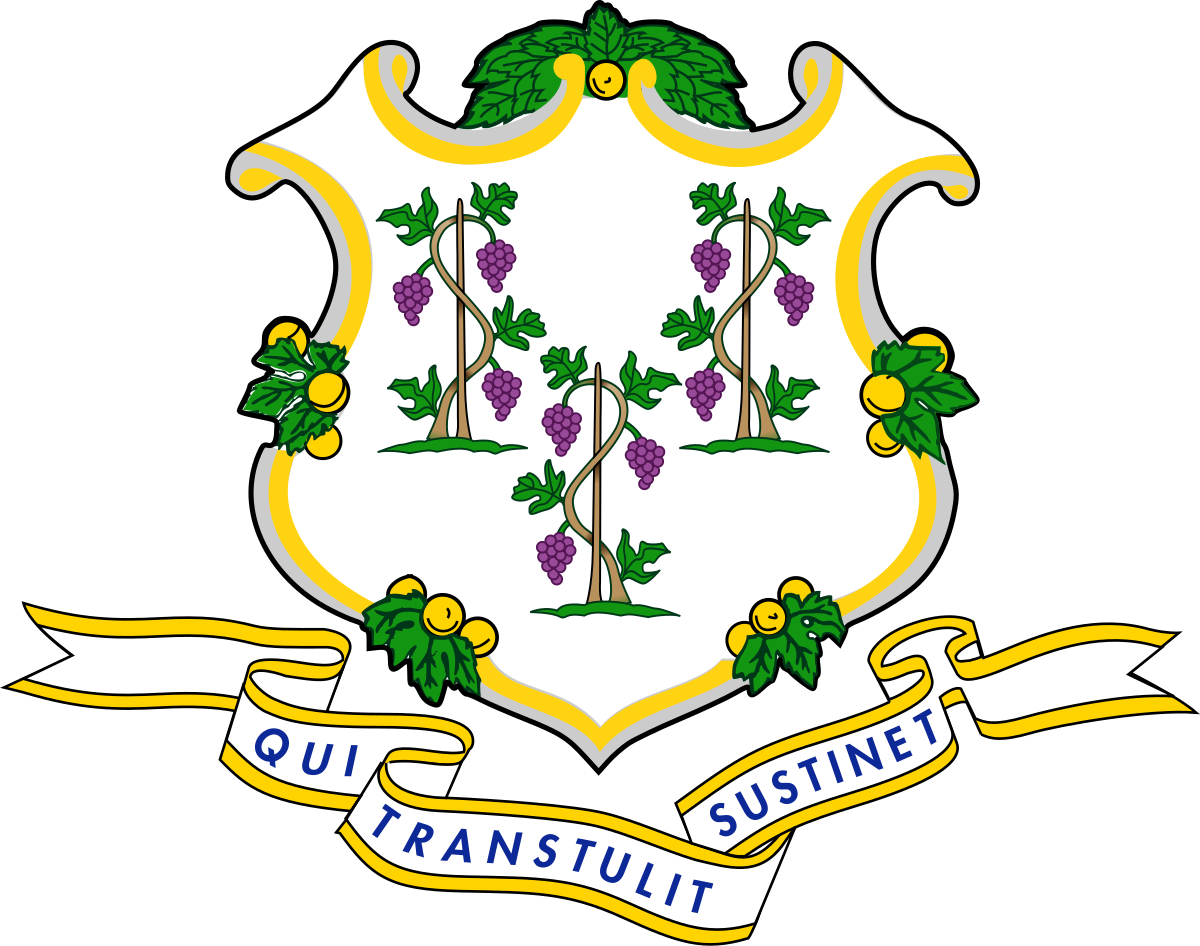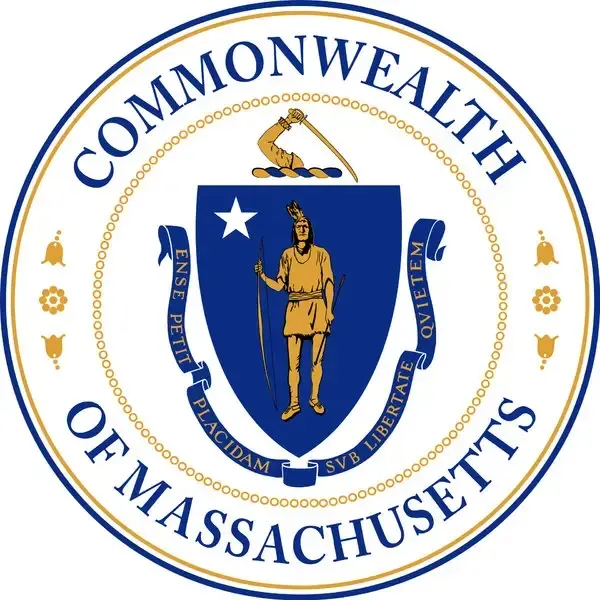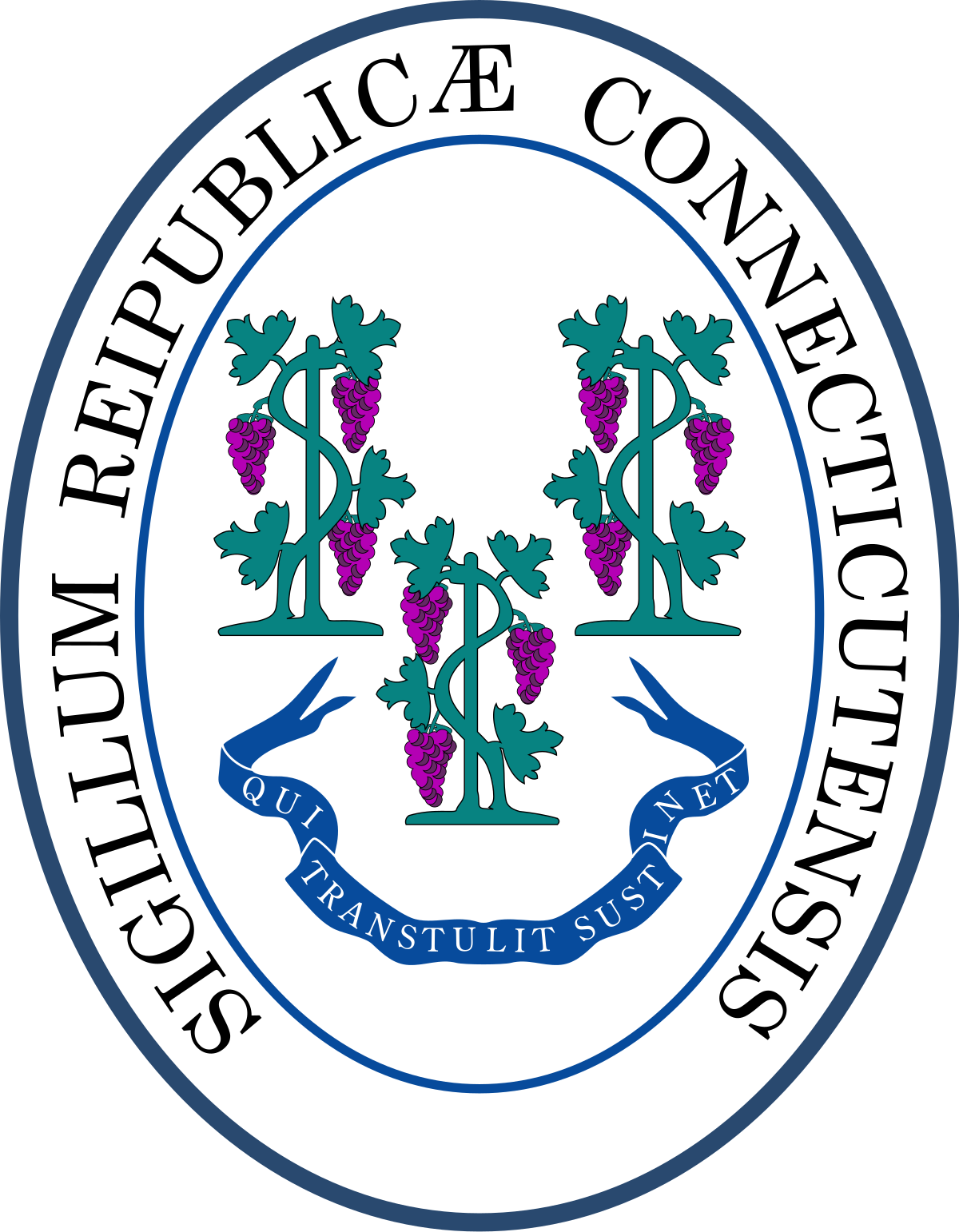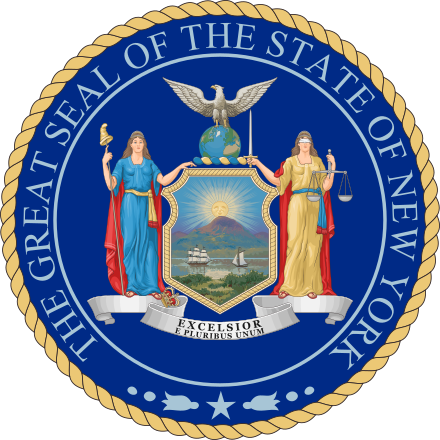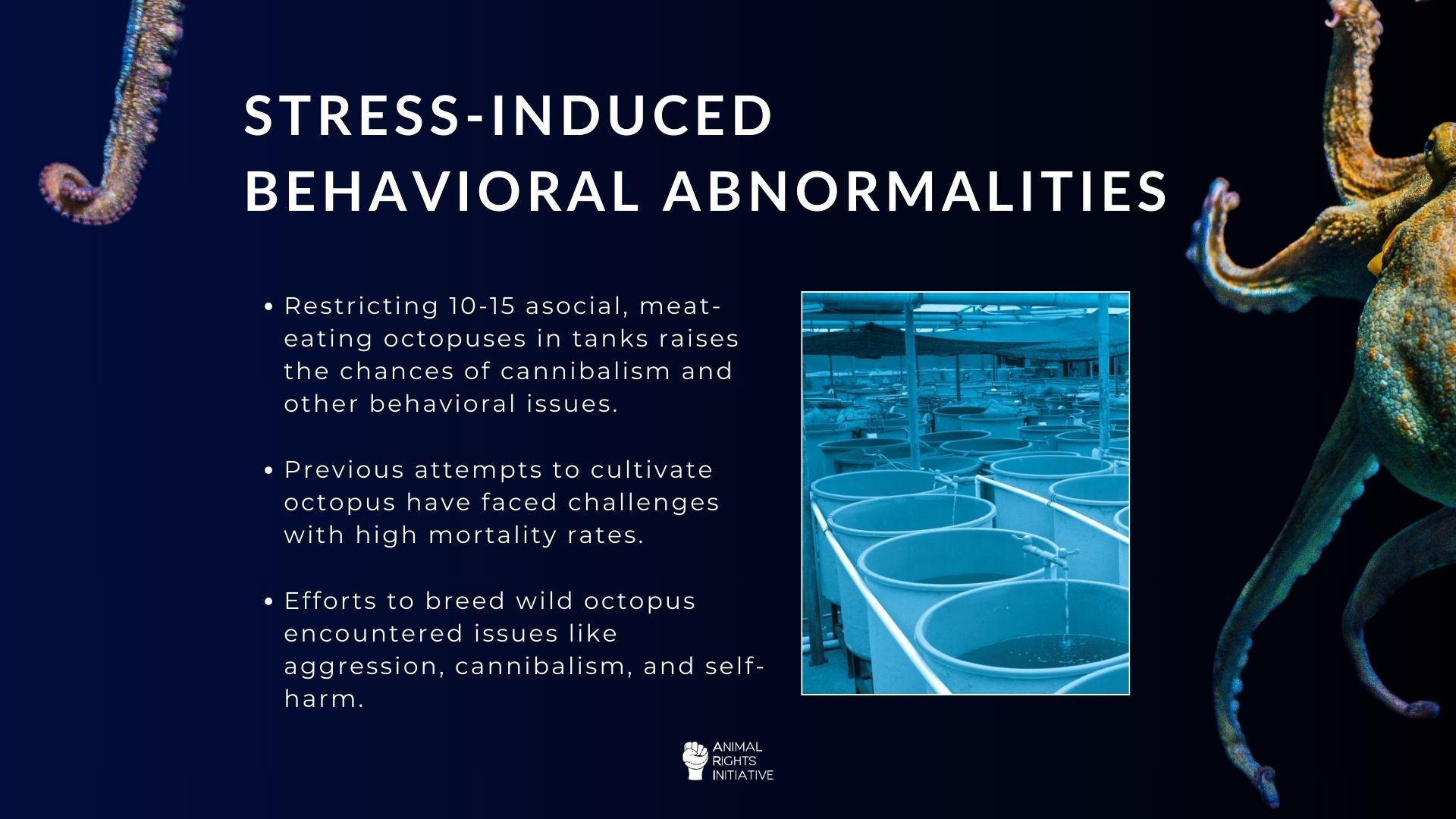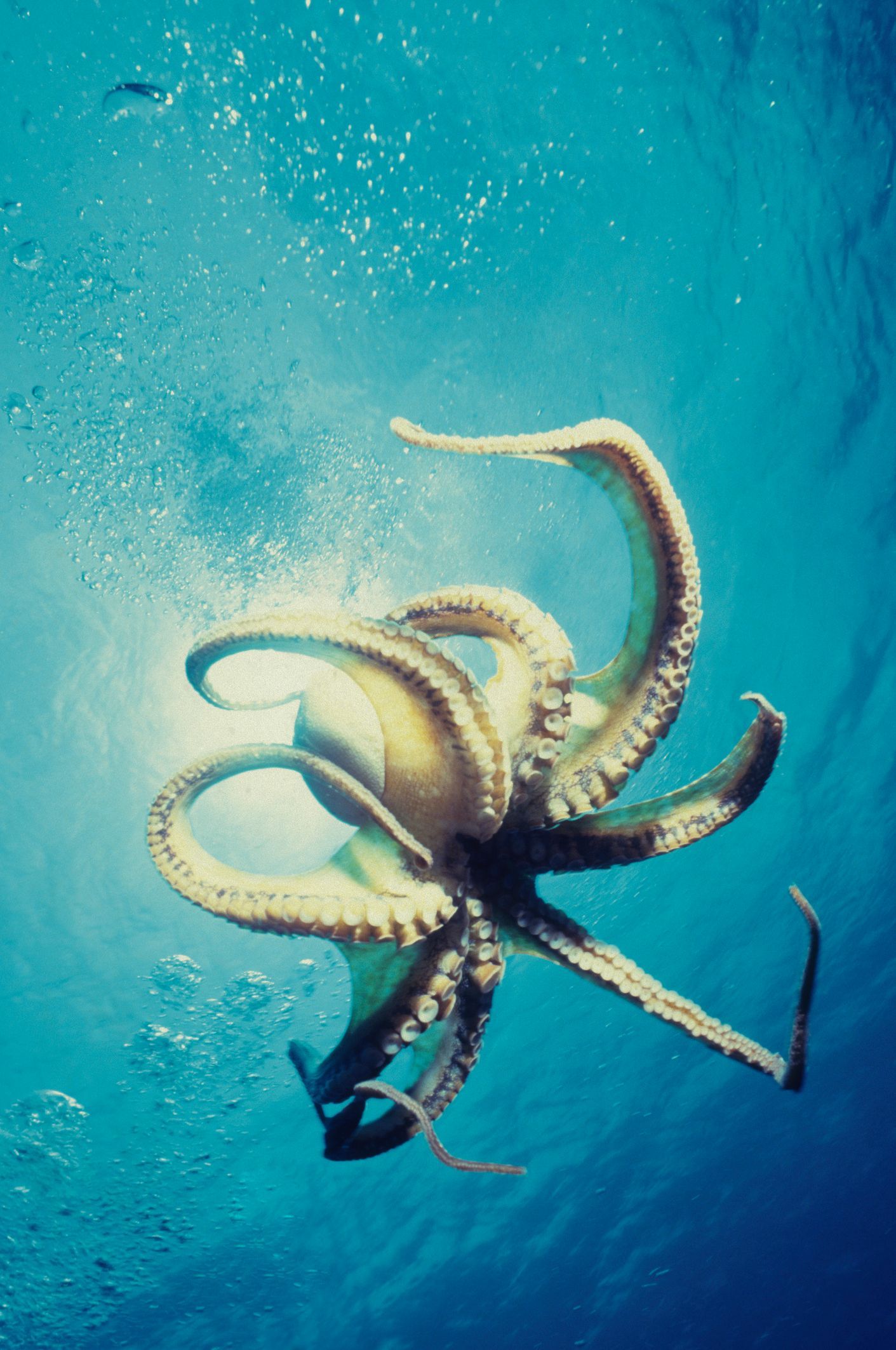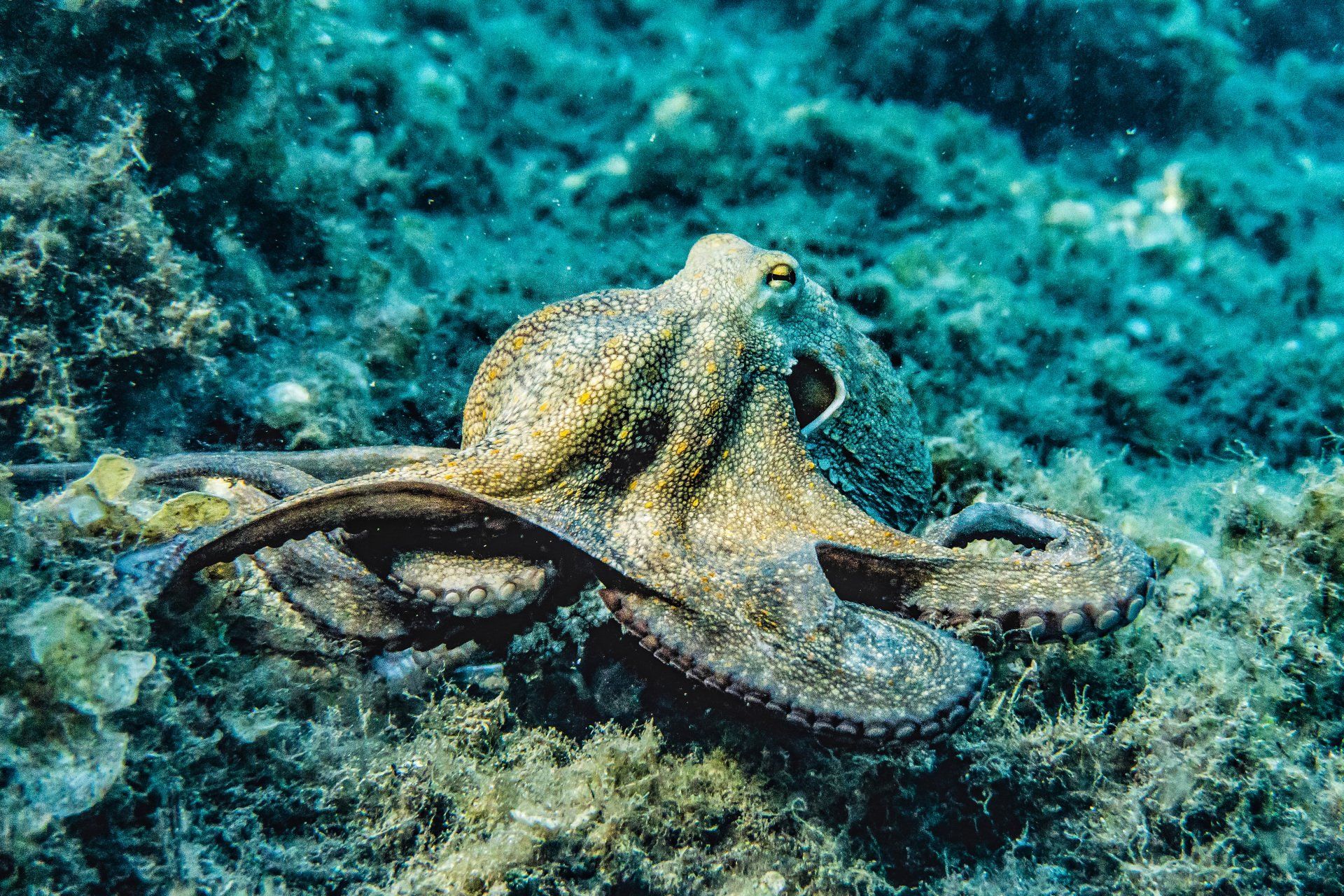About
Research
Fact Sheets
Timeline
about this project
Octopus farming poses a unique risk to disrupting ecosystems because they are carnivorous animals largely dependent on live crustaceans for feed. Cephalopod predation is already linked to crustacean fishery closures in New England. They are also capable of spreading multiple infectious pathogens on farm and to wild populations. We began this campaign in response to researchers internationally experimenting with industrialized octopus farming. Recognizing the risks to wild species and ethical concerns, we are pursuing preventative legislation to prohibit octopus farming within state borders.
Timeline for the Octopus Bills

Please Help Support Our Ongoing Campaigns in the Below Localities:
Endorsement
Endorse HereAdd your name to endorse the bill where allowed by law.
Petition
Sign NowPlease add your name to the petitions.
Donate
DonatePlease consider a donation to help us perpetuate this critical work. All donations are tax deductible.
Volunteer
Contact UsInterested in spreading the octopus bill to other jurisdictions? You could be involved in our ongoing campaigns. We are actively pursuing legislative action in the following localities: Maine, New York, Massachussettes, Maryland, North Carolina, South Carolina, Florida, Texas, Alaska, Guam, Puerto Rico, the Virgin Islands and the United Kingdom.
Octopus Bill Research
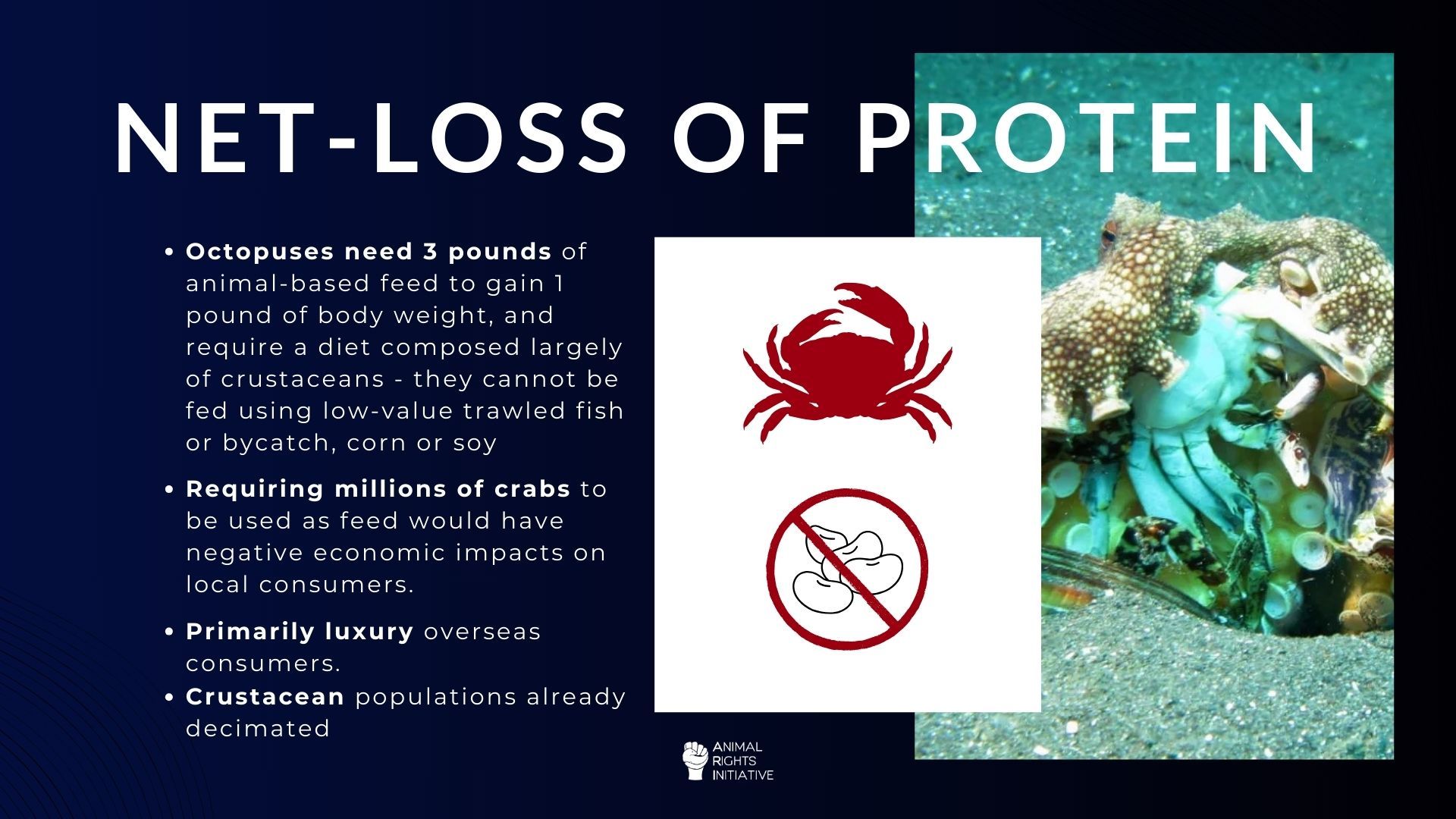
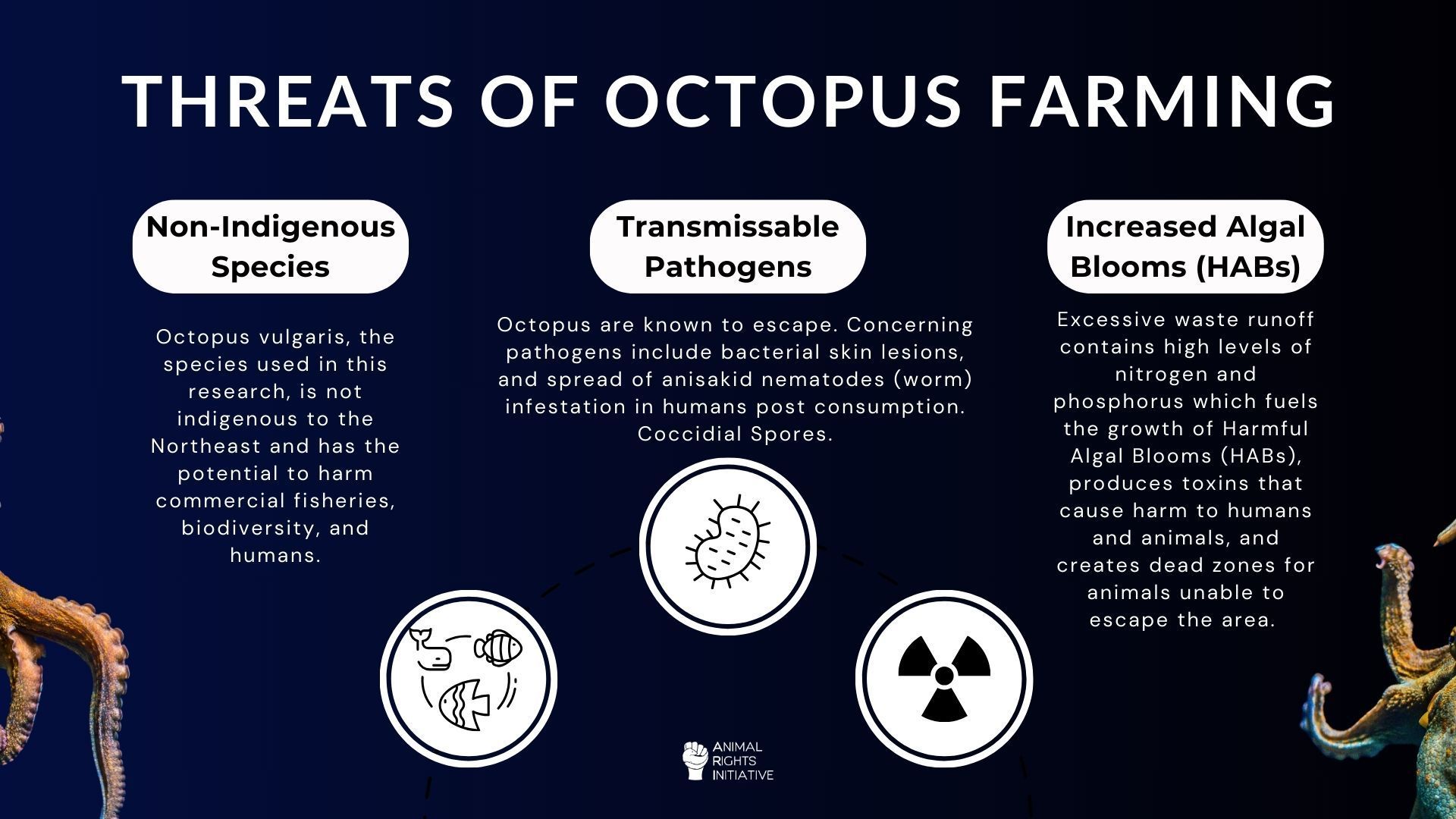
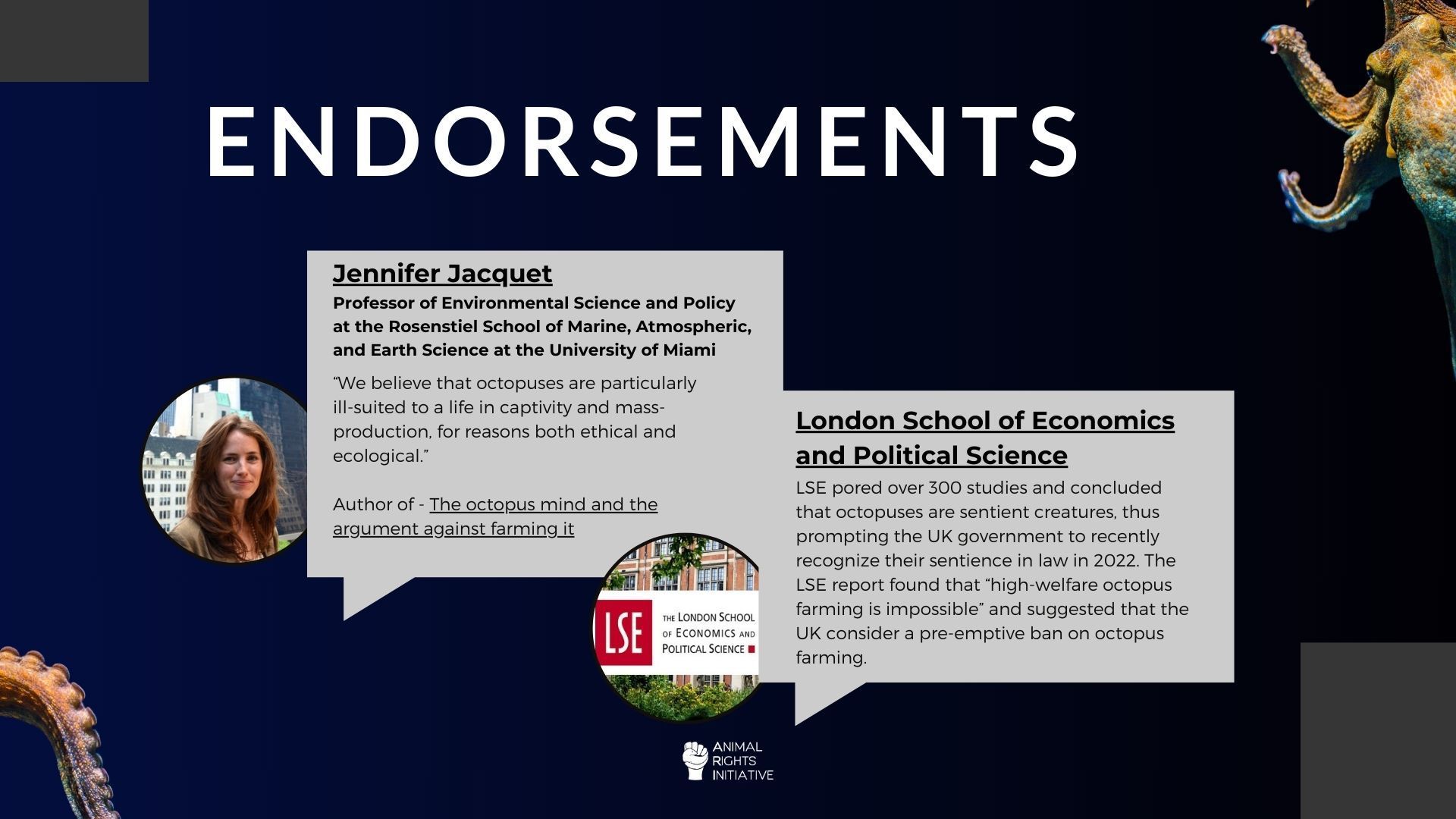
Does Your Organization Need a Fact Sheet or Research Report? Submit an Inquiry Below.
Purpose
PROBLEM:
An estimated 3 trillion sea animals and
80 billion land animals are killed for food each year. Most of them are raised in factory farms which harm the environment and natural biodiversity. Research facilities intend to "process" 1 million octopus per year in an "ice slurry", requiring an estimated 30+ million crabs and fish to be used as feed.
OUTCOMES:
To prevent the construction of facilities that aim toTo change public ideology around eating octopus and other sentient creatures by influencing mainstream media, and to influence the development of alternative protein.
ANNUAL IMPACT:
1,000,000 octopus, 30,000,000 animals used as feed per year. Legislators have opportunity to protect ecosystems and animals without harming any existing business.
HOW:
Working directly with lawmakers in localities across the United States, Canada and the U.K. to implement legislation. Raising awareness through an online outreach campaign.
TRACK RECORD:
In 2024 we: successfully prohibited commercial octopus farms in March in Washington State, introduced legislation in Hawaii, collaborated and supported mirrored legislation in California, introduced bipartisan legislation in New Jersey in November, Confirmed sponsorships for the bill in 2025 in Oregon, Hawaii and Connecticut, and are actively working on more localities to be announced. Permits for the "world's first commercial octopus farm" were denied in April 2024.
